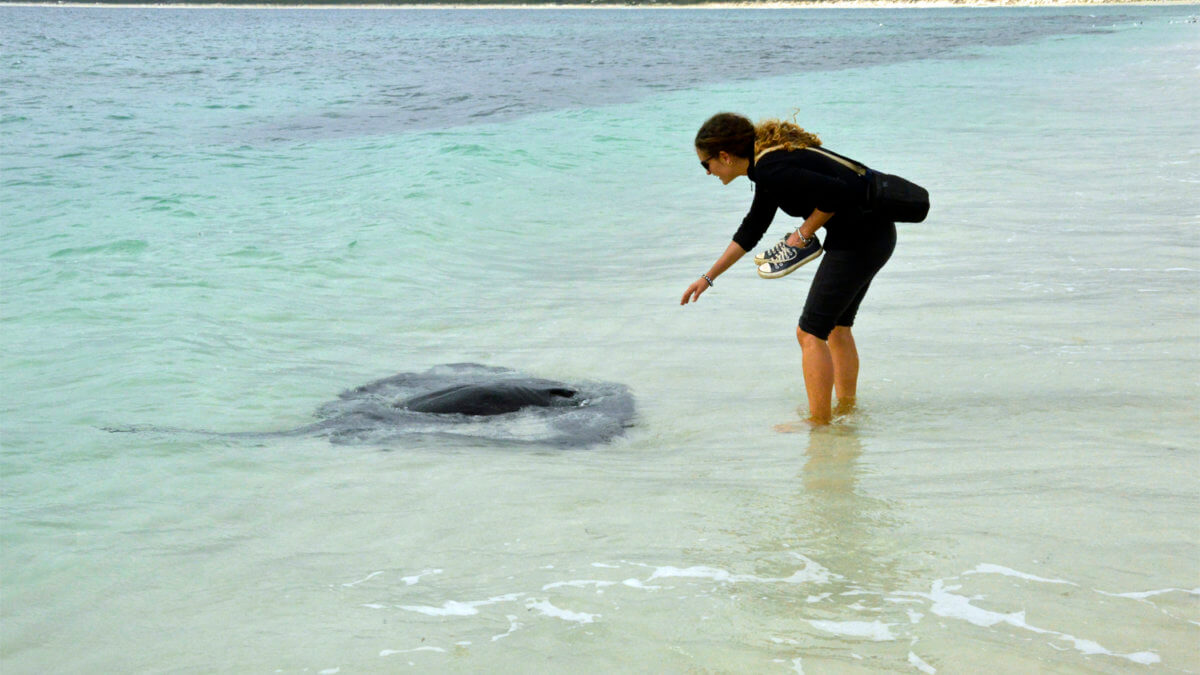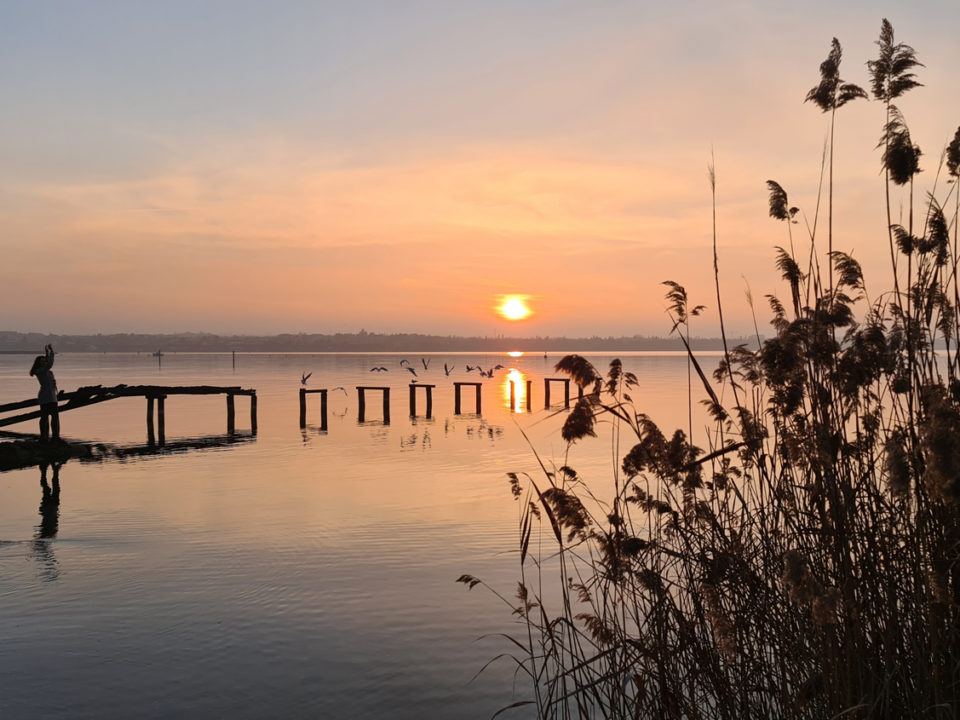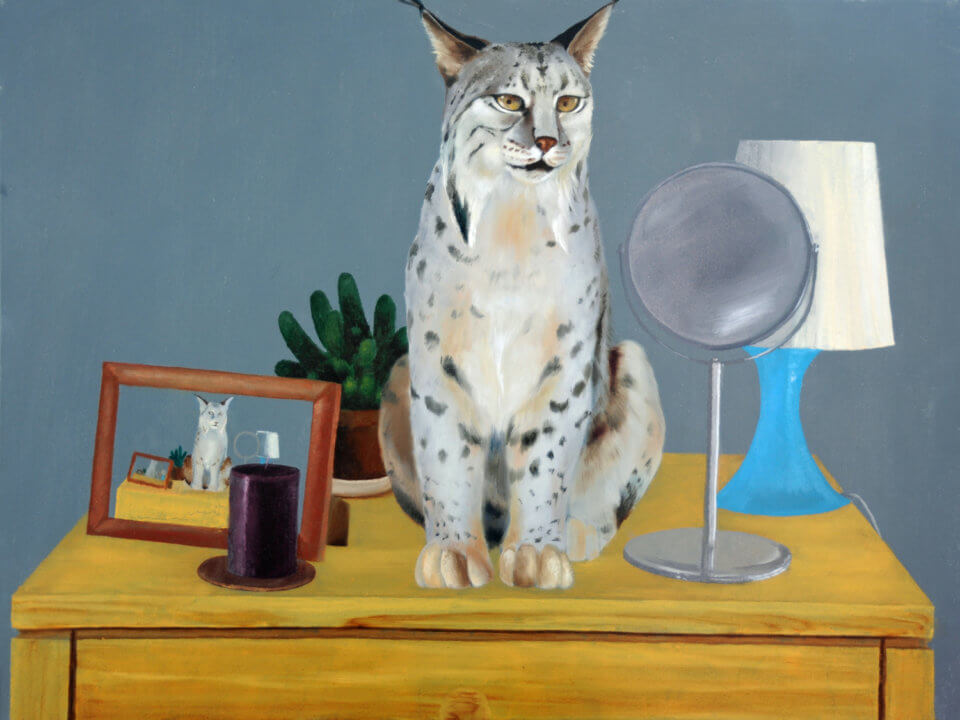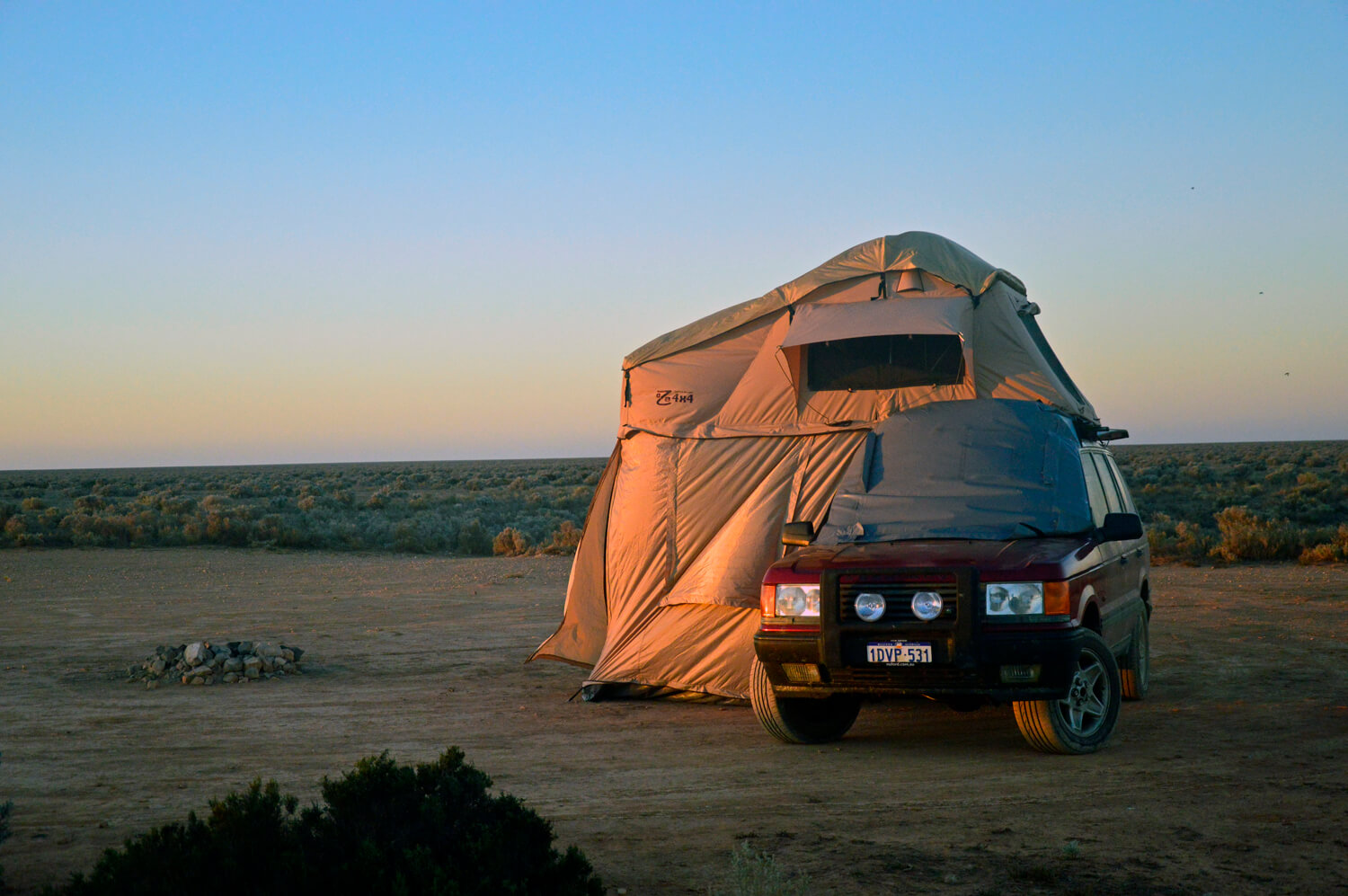
Wild Australia, just like I would like to see every place
10. September 2020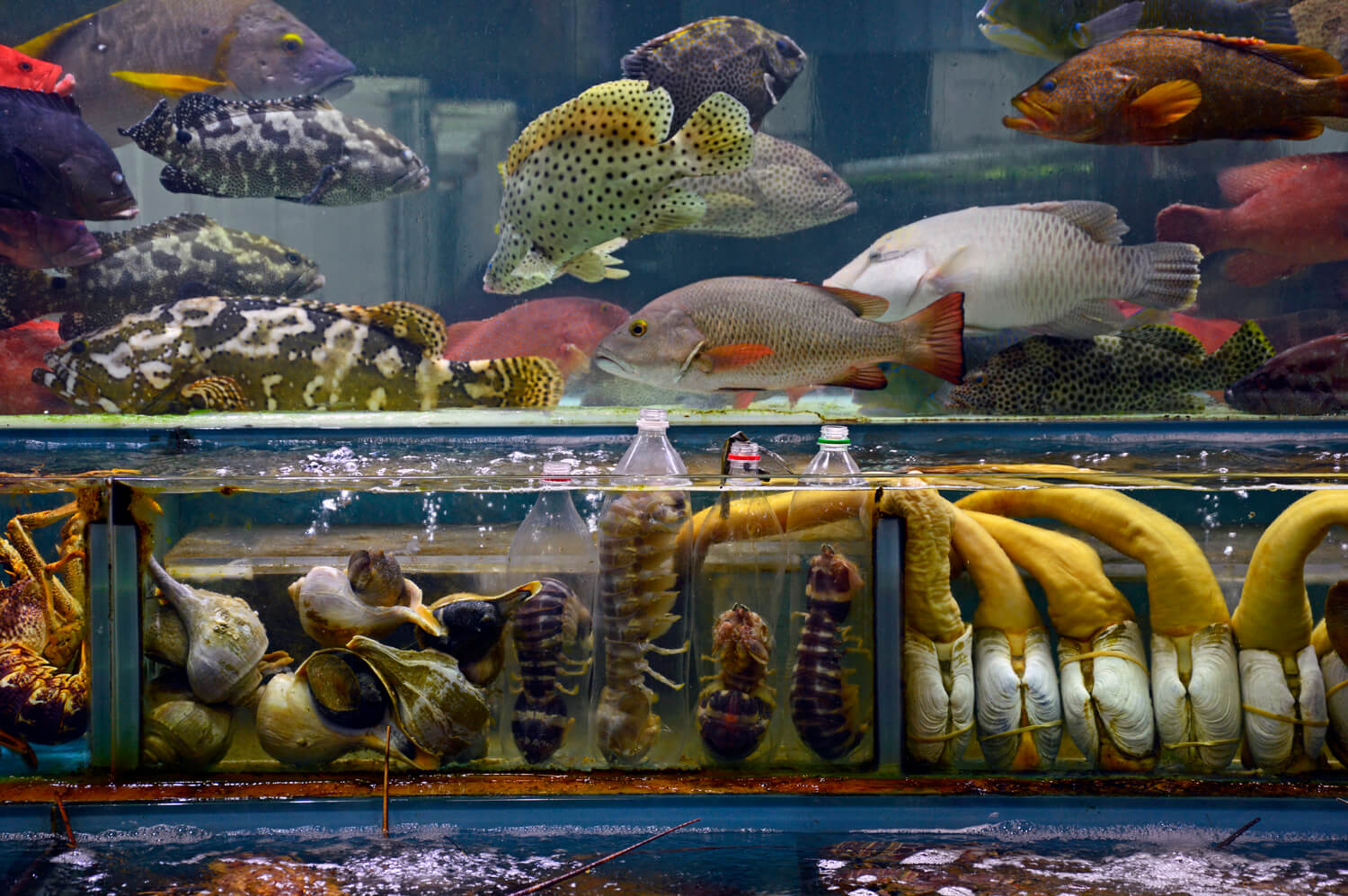
Don’t underestimate our ability to adapt
8. October 2020
Wild Australia, just like I would like to see every place
10. September 2020
Don’t underestimate our ability to adapt
8. October 2020Wonder and Indifference
Wonder and Indifference
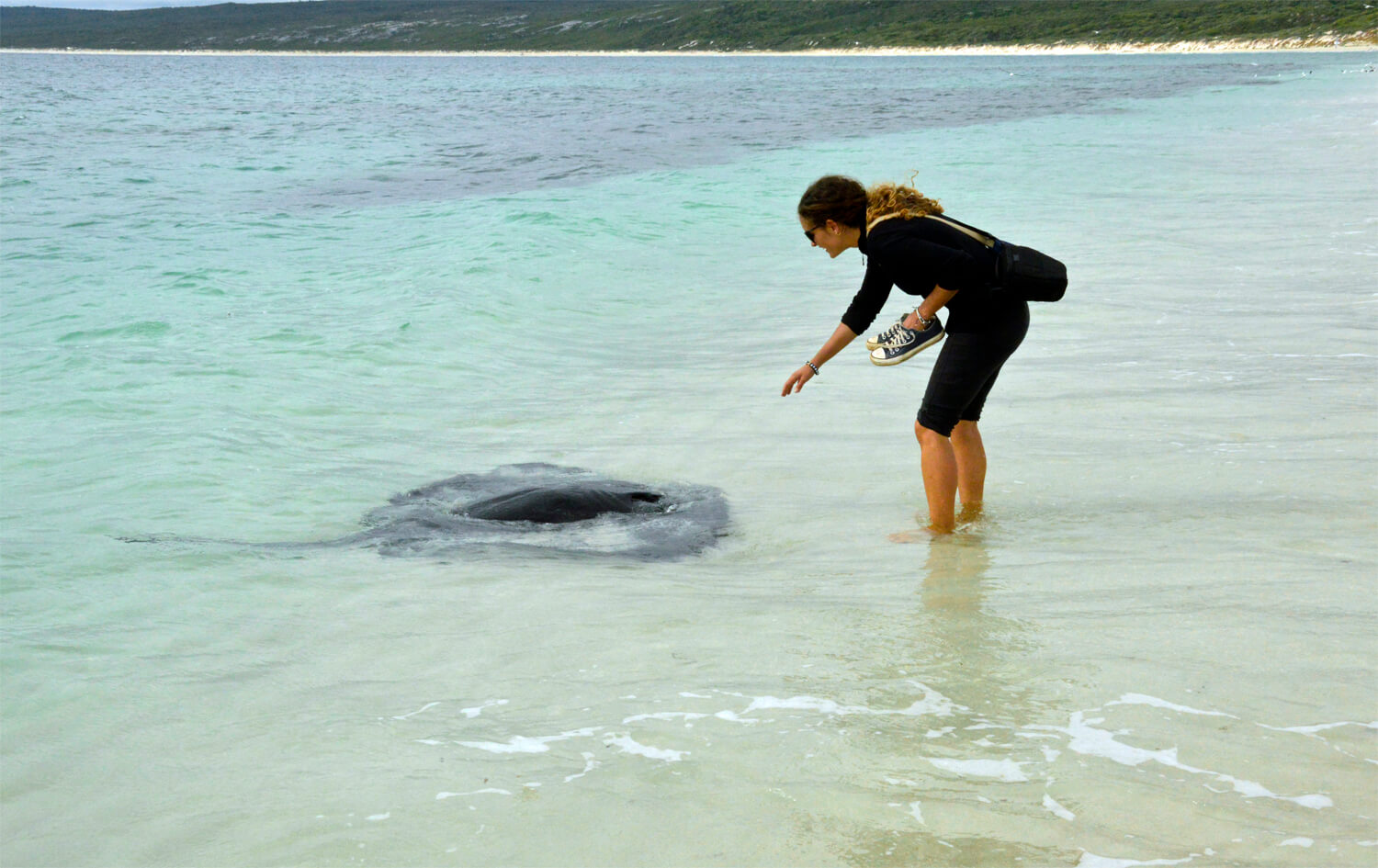
A stingray approaches me in Hamelin Bay, Australia.
Love the Animals
What has led us to the point of causing the second great mass extinction of our planet's species? Why have we reached the point where iconic species such as the elephant and tiger are on the verge of extinction? My conclusion may sound brutal: we humans do not love animals. It is clear to me that if we really do love them we would not cause their extinction, we would not endanger their natural habitats. A few years ago I was convinced that most people loved animals and suffered a great fascination and emotion. I then happened to confront society about this issue, in the artistic field for example. How many famous works of art have an animal as the absolute protagonist? Have you ever been to an art fair? In the one in which I participated, for example, I was the only one exhibiting works depicting animals among hundreds of artists. I happened to compare myself with others discussing sustainability and I realized that animal welfare issues are indifferent to the most. What is important is the health and well-being of people as the reasons behind sustainable choices. There must be a change, of course, if there ever will be, it will not be because a sustainable revolution would save millions of animal species, but because it would save us.
Palm oil crops destroy thousands of hectares of rainforest a year and will cause the extinction of the Orang Utan in about ten years, yet it is a source of income for local populations. This last argument moves the conscience more than that of quickly finding an alternative for the populations in order to save animal species. Traveling in Indonesia and getting to know the people of the territories around the rainforest, I realized that there is a lack of love for their animals. If protecting animals means supporting the local families, fine, for example by establishing ecotourism, but otherwise their wildlife becomes just a faded side character in their lives. If we really loved animals, we wouldn't exploit them and kill them in every possible way to do business at their expense, would we? I thought maybe it's not totally a fault. Perhaps nature has not endowed us with empathy towards animals. Our ancestors certainly could not be softened by a deer that could feed their village. They had to fear wild predators because they could be a danger to the safety of their people. Perhaps nature has not endowed us with pity and compassion towards animals, because it would have been counterproductive for our species.
Yet, few things excite us like suddenly seeing a wild animal in its habitat. This is why so many would love to go on a safari in their life. This summer, I spotted dolphins on the ferry returning from Giglio Island in Italy, in the Tyrrhenian Sea. I immediately called the other passengers around, who came quickly, euphoric and excited to see them. Children go crazy in zoos seeing lions and rhinos. Sometimes our desire to see animals with our own eyes results in even greedy selfishness: young and old are amazed at the circus when wild beasts appear. How does all this wonder about the animal world vanish? When does it turn into cynicism and indifference?

